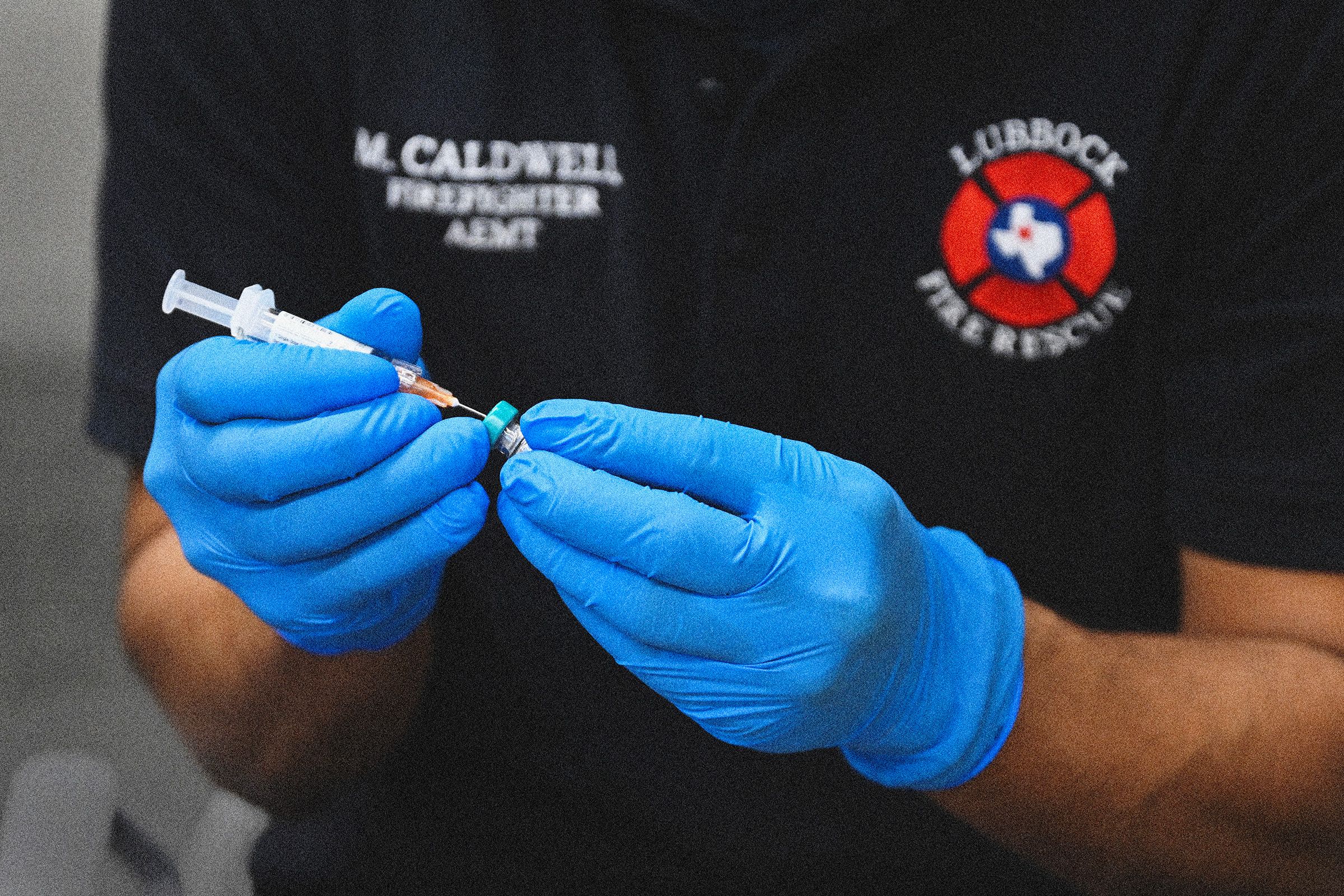The Plan to Turn the Caribbean’s Glut of Sargassum Into Biofuel
The Plan to Turn the Caribbean’s Glut of Sargassum Into Biofuel
With the Caribbean facing an overwhelming abundance of sargassum seaweed washing up on its shores, researchers...

The Plan to Turn the Caribbean’s Glut of Sargassum Into Biofuel
With the Caribbean facing an overwhelming abundance of sargassum seaweed washing up on its shores, researchers and environmentalists have been exploring innovative solutions to address this issue. One promising idea is to turn this glut of sargassum into biofuel, which could not only help clean up the beaches but also provide a sustainable source of energy.
Sargassum is a type of seaweed that has been proliferating in the Caribbean due to a combination of factors, including nutrient runoff from agriculture and higher water temperatures caused by climate change. This rapid growth has led to large blooms of sargassum washing ashore, creating a major environmental and economic problem for the region.
Researchers are currently studying ways to convert sargassum into biofuel, a process that involves extracting the sugars and oils from the seaweed and converting them into a usable form of energy. This biofuel could be used to power vehicles, generate electricity, and even replace traditional fossil fuels.
In addition to providing a renewable source of energy, turning sargassum into biofuel could also help reduce the environmental impact of the seaweed blooms. By collecting and processing the sargassum before it reaches the shore, we can prevent it from smothering coral reefs, damaging beaches, and disrupting marine ecosystems.
Several Caribbean countries have already started pilot projects to test the feasibility of producing biofuel from sargassum. These projects involve collaborating with local communities, governments, and businesses to collect and process the seaweed in an environmentally sustainable way.
One of the main challenges facing this endeavor is the cost of collecting, processing, and converting sargassum into biofuel on a large scale. However, with advancements in technology and increasing awareness of the importance of renewable energy sources, there is hope that this problem can be overcome.
By investing in research and innovation, the Caribbean can not only address the sargassum crisis but also create a new industry that promotes sustainable development and environmental stewardship. Turning sargassum into biofuel could be a game-changer for the region, helping to reduce its dependence on fossil fuels and mitigate the effects of climate change.
In conclusion, the plan to turn the Caribbean’s glut of sargassum into biofuel offers a promising solution to a pressing environmental issue. By harnessing the power of this seaweed for energy production, we can not only clean up our beaches and protect marine ecosystems but also pave the way for a more sustainable future for the region.



